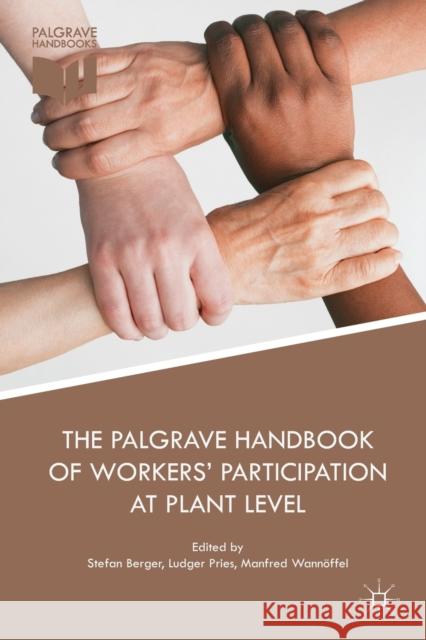The Palgrave Handbook of Workers' Participation at Plant Level » książka
topmenu
The Palgrave Handbook of Workers' Participation at Plant Level
ISBN-13: 9781349694235 / Angielski / Miękka / 2020 / 638 str.
The Palgrave Handbook of Workers' Participation at Plant Level
ISBN-13: 9781349694235 / Angielski / Miękka / 2020 / 638 str.
cena 458,27
(netto: 436,45 VAT: 5%)
Najniższa cena z 30 dni: 455,43
(netto: 436,45 VAT: 5%)
Najniższa cena z 30 dni: 455,43
Termin realizacji zamówienia:
ok. 10-14 dni roboczych.
ok. 10-14 dni roboczych.
Darmowa dostawa!
Kategorie:
Kategorie BISAC:
Wydawca:
Palgrave MacMillan
Język:
Angielski
ISBN-13:
9781349694235
Rok wydania:
2020
Wydanie:
2019
Ilość stron:
638
Waga:
0.91 kg
Wymiary:
23.39 x 15.6 x 3.4
Oprawa:
Miękka
Wolumenów:
01
Dodatkowe informacje:
Wydanie ilustrowane











